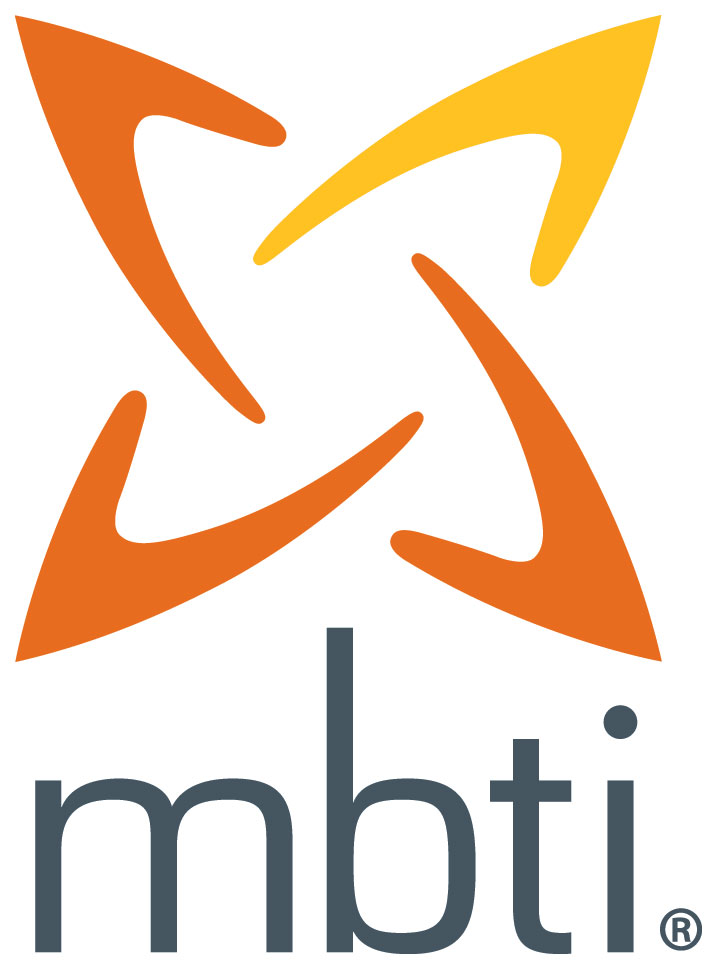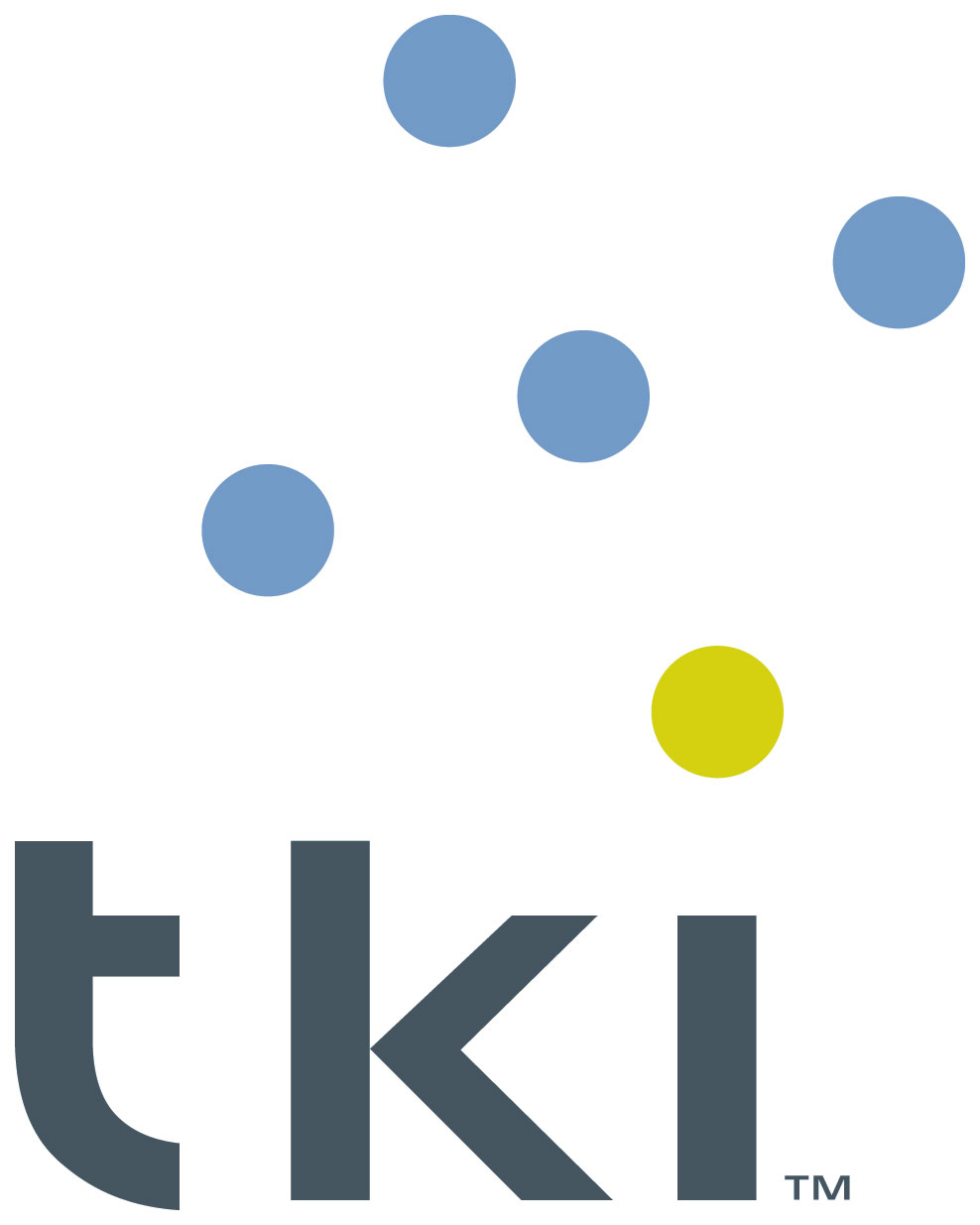KNOWING WHO YOU ARE
Are you surprised sometimes by your reaction in certain situations?
Would you prefer to handle stressful situations in a better way?
Are you confused about how differently people react?
Can it be a struggle to deal with difficult people?
Does somebody only have to look at you in a certain way and you feel annoyed?
If you’re in a group and two people started arguing, what’s your automatic response? Anxiety? Stomach in knots? Do you withdraw or the words disappear and you can’t think what to say? Do you get stressed and worry about interacting with certain people or groups? Then you would benefit from understanding and recognising your “automatic” physical and emotional responses when under pressure through developing your self-awareness. Being able to recognise emotions, triggers and needs of yourself and your team will help you interact and build better working relationships, as well as help reduce stress levels.
We help clients to obtain a greater awareness of how they are motivated, take in information, make decisions and structure their lives. This process also helps clients to appreciate others who are similar to them, and especially those who differ from them.
Personally, understanding more about the way you tick, how you will react in certain situations, and the triggers which can cause you to behave in different ways, will help you in your home or work environment. This knowledge increases confidence and self esteem; important for everything you do.
In relationships, it is important to identify and value the differences individuals bring to the mix. Where there is conflict, a greater awareness of oneself and others (and learning effective communication skills) encourages understanding, trust and respect.
Effective communication benefits from being delivered in the language that suits each individual’s patterns of speaking and thinking.
CLUES TO OUR PERSONALITY
There are a number of tools which can help us identify more about our personalities, how we are motivated and how we make decisions. The tools that Assiem Ltd use, are ones that describe the personality in a positive and constructive way – there is no right or wrong – but can also give guidance as to how to interact and communicate better with others.
The Myers Briggs Type Indicator® (MBTI®) assessment tool as a basis for understanding the key differences about how to motivate people at work. The MBTI instrument is based on a questionnaire; the results of which are constructive and positive and designed to make the theory of personality types understandable and useful in everyday life.
Depending on the depth of information the client wishes to gain, we can also use the widely accepted Thomas-Kilmann Conflict Mode Instrument™ (TKI™) and VAK language (Visual, Auditory, Kinaesethetic). We can also use some NLP (Neuro-Linguistic Programming) techniques to guide clients on building rapport and understanding what affects behaviour.
Karen has recently completed the Certificate of Applied Neuroscience which enables “brain-friendly” approaches to key needs such as changing behaviours and habits, decision-making and planning, creativity and insight, motivation and engagement, learning and development, and stress management.
For more information about each of these tools, please see below.
PACKAGES AVAILABLE
One area we excel in is getting clients to commit to using and applying the ideas and techniques covered in the coaching. They will leave the coaching with the confidence to apply what they have learned and be inspired and motivated to put it into action in the real world.
Self-awareness coaching packages include:
Standard MBTI® Package
Provides an introduction to the Myers Briggs Type Indicator (MBTI) assessment tool and results in the client confirming their “best fit” MBTI preference code. To understand more about this package or ways Assiem Ltd can help you, please contact us. The package includes:
- Overview of the Myers Briggs Type Indicator (MBTI) assessment tool and what this means for you
- Set up, provision and analysis of the MBTI questionnaire
- 1 hour feedback session (either in person, or via the phone)
- Confirmation of “best fit” MBTI preference code
- High level overview of your motivational and decision making style and how others may see you.
- In total, this would be a 3 hour programme, split around the questionnaire completion.
“The MBTI gave me an insight into analysing my own and others personalities from a different angle, and acted as an “eye-opener” about certain aspects of myself. Karen was very friendly and created a very relaxed atmosphere, and was happy to answer our questions.”
Henry, School Teacher
Platinum Self Awareness Package
Provides and introduction into behaviour, motivation and decision making preferences, across a number of widely accepted tools, together with a full analysis of how these work alongside each other and how these relate to your current situation and future goals. To understand more about this package or the ways Assiem Ltd can help you, please contact us.
- Full MBTI® preference code process (inc questionnaire, feedback session and “best fit” confirmation)
- If required, full TKI™ (Thomas-Kilmann Conflict Mode Instrument™) preference process (inc questionnaire, your preference and usability in different situations)
- Full VAK language preference process (inc questionnaire)
- Understanding behaviour and the world around us, through beliefs, values and use of preferences
- Understanding motivation and unconscious bias.
- Practical applications in relation to your goals
- This programme is tailored specifically for individuals, with the length of the programme decided following the initial discussion regarding your specific requirements.
PERSONALITY PREFERENCE TOOLS
(MORE INFORMATION)
Applied Neuroscience
Our brains are responsible for every thought, feeling and behaviour we have. Neuroscience, the study of the brain, is a rapidly expanding science and the resulting information is useful to not just scientists. Since each one of us has a brain, and we interact with others with brains, the increasing understanding impacts on every area of our life. We now have much better knowledge of emotional regulation and motivation, creativity and insight, learning and memory, decision making and planning, behaviours and habit formation, stress and resilience. And with this understanding, we have the ability to chose, improve or change our behaviours.
Myers Briggs Type Indicator® (MBTI):
The MBTI tool was developed to make Carl Jung’s psychological theory about differences in people’s behaviour understandable and applicable to everyday life. All personality differences are described in a constructive and positive way.
There are 8 preference codes (2 for each of the following), with results indicating the differences between people in 1. Where they prefer to focus their energy, 2. The way they prefer to take in information, 3. The way they prefer to make decisions and 4. The way they prefer to deal with the outer world. It is important to remember that everyone uses all eight some of the time, but there is always a preference (eg. if you have a preference for chocolate ice cream, that doesn’t stop you having vanilla!)
Following the completion of a self-report questionnaire and feedback session to discuss your “best fit”, you will come away with a four letter MBTI type code.
[NB: Myers-Briggs Type Indicator, MBTI, and the MBTI logo are trademarks or registered trademarks of the Myers-Briggs Type Indicator Trust in the United States and other countries.] 
Thomas Kilmann Conflict Mode Instrument™ (TKI):
The TKI helps clients identify their preferred approach to conflict, and looks at how to use different styles to cope with various types of conflict situations. The five conflict modes are competing, collaborating, compromising, avoiding and accommodating. Everyone uses all five conflict modes from time to time, but we tend to use one or two styles more often. The model prompts people to think about their reaction to interpersonal communication, and suggests strategies to positively affect the outcome of conflict, both in terms of relationships and results.
[NB: The TKI logo is a trademark of CPP, Inc.] 
VAK Language
One of the ways we process information is through language. We usually have a preference for one type of system (i.e. visual, auditory, kinaesthetic or auditory digital) and our vocabulary, posture and voice reflects this.
For instance, those with a visual preference speak quickly as they see pictures in their heads (“a picture paints a thousand words”), those with an auditory preference like to listen to people talking to them and telling them stories, those with a kinaesthetic preference get more of a feeling of things and use a hands-on approach, whilst those with an auditory digital preference talk to themselves with logic, sense and rationality.
Understanding your own preference and then learning the flexibility to use others appropriately will dramatically enhance your communication skills (which is exactly what charismatic speakers do).
If you are interested in finding out more about how we can help you, then please contact us for an initial discussion.

One thought on “Self Awareness”